Kappa is one of the most well-known creatures in Japanese folklore, often depicted as a water-dwelling yokai (supernatural entity). These creatures have been featured in countless myths and legends throughout Japan. While sometimes feared as mischievous or dangerous, kappa are also portrayed as humorous and even helpful at times. Their unique appearance and abilities make them a fascinating part of Japanese culture, and stories about kappa continue to be passed down from generation to generation.
In this article, we’ll explore what kappa are, where they live, and some of the most famous legends surrounding these enigmatic creatures.
What is a Kappa?
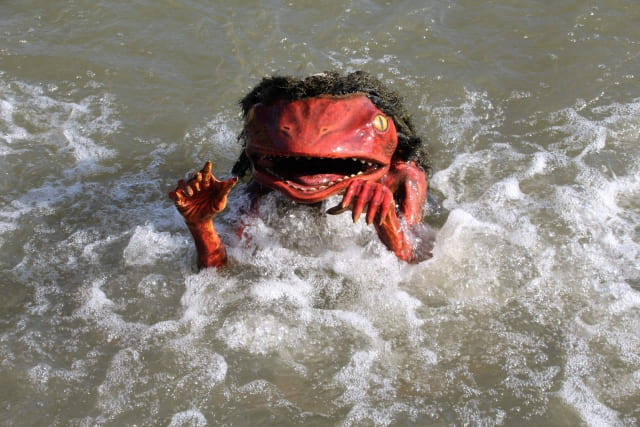
A kappa is a water-dwelling yokai that appears in numerous folktales across Japan. Though their appearance and behavior vary slightly depending on the region, they are generally known for being pranksters who live near rivers and ponds. Kappa are believed to interact with humans, sometimes causing trouble but occasionally offering help.
Kappa’s Distinctive Features
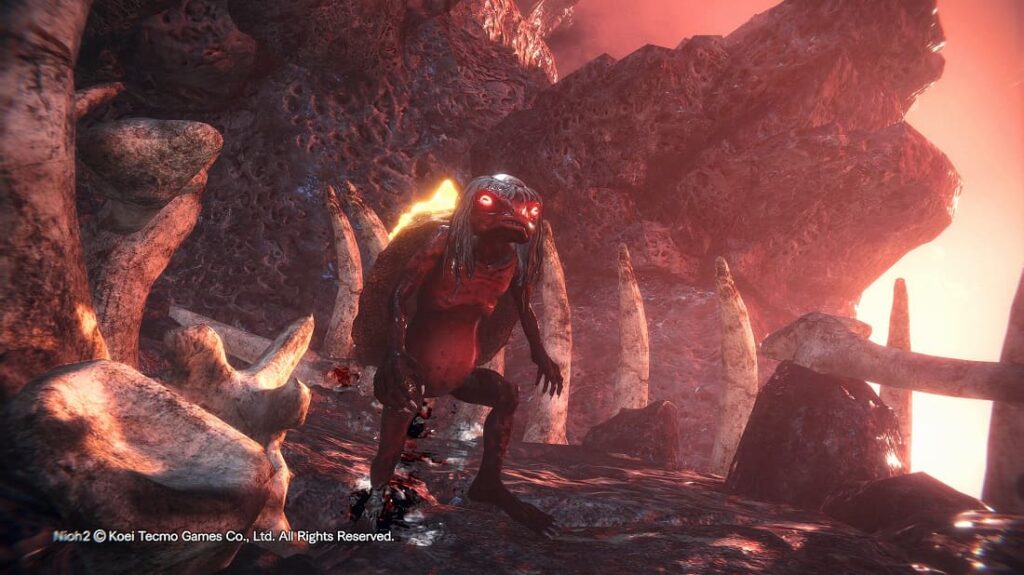
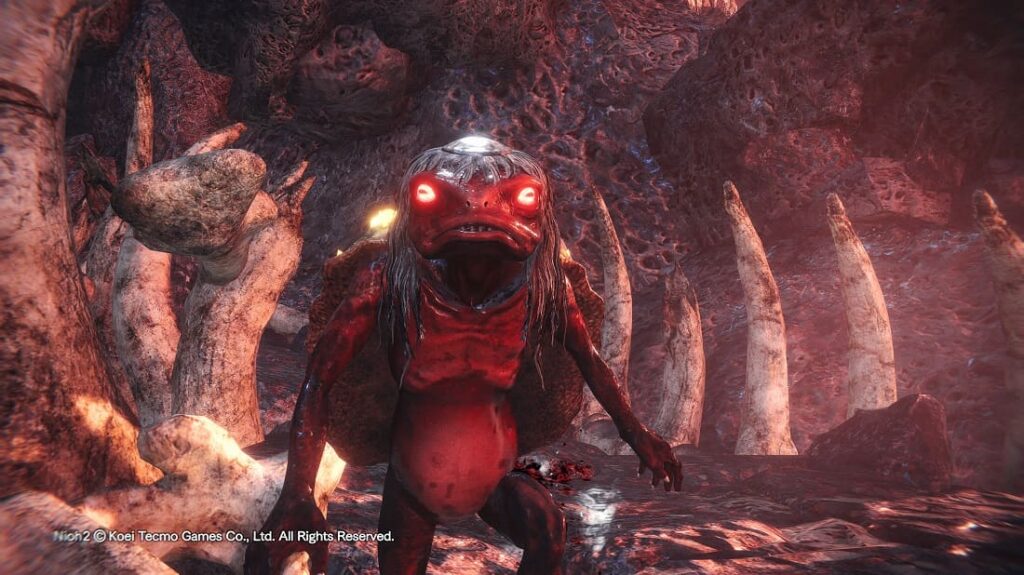
The most recognizable feature of a kappa is the “plate” on its head, which holds water. This water is said to be the source of its power, and if the water spills or the plate dries out, the kappa loses its strength. Another common characteristic is its turtle-like shell on its back, which gives it a unique, amphibious appearance.
Kappa typically have green or bluish-green skin, making them blend into their watery surroundings. Their hands and feet are webbed, enabling them to swim extremely fast. They are generally described as being about the size of a small child, which makes them appear less threatening but still quite mischievous.
Where Do Kappa Live?
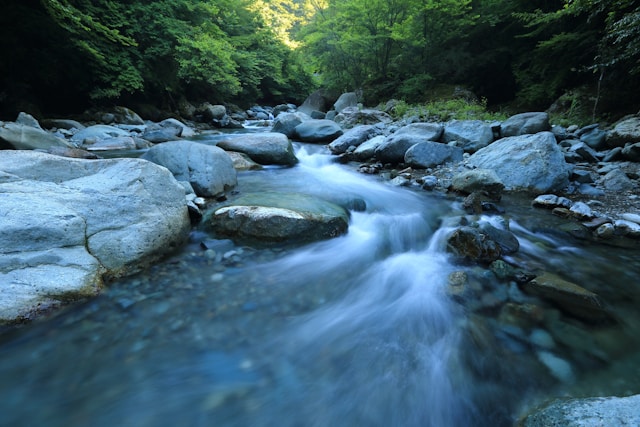
Kappa are said to inhabit rivers, ponds, and lakes throughout Japan, particularly in remote or rural areas. Their presence is often associated with clear, flowing waters, such as mountain streams or farm ponds. Some of the most famous places where kappa are believed to dwell include Tono in Iwate Prefecture and Kurume in Fukuoka Prefecture. Both regions have a rich history of kappa folklore, and local festivals or shrines are dedicated to these creatures.
Although kappa are mostly tied to pristine water sources, some stories suggest they also appear in polluted or stagnant waters. In certain areas, they are even worshipped as water deities, believed to protect the local water supply or crops.
Kappa’s Abilities and Legends
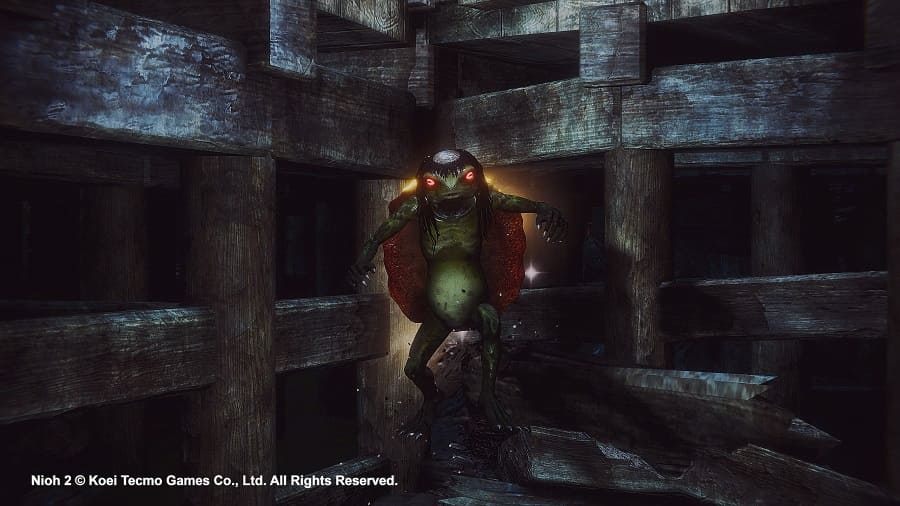
Kappa are known for their extraordinary strength and love of sumo wrestling. Numerous legends tell of kappa challenging humans to sumo matches, and if the human loses, the kappa would drag them into the water. However, kappa are also known for their politeness; if a human outwits or defeats a kappa in a contest, the creature will often bow in respect, spilling the water from its head and rendering it powerless.
Despite their reputation as tricksters, kappa also have a helpful side. In some stories, they assist farmers by irrigating fields or share their knowledge of medicinal herbs. These legends suggest that kappa are not purely malicious; in some cases, they can build positive relationships with humans and even become revered figures.
Famous Kappa Stories
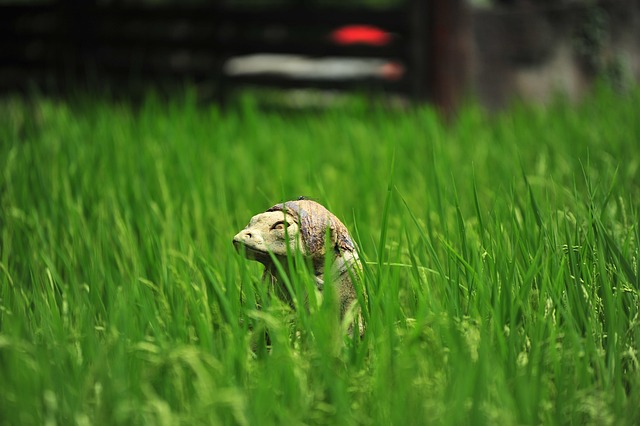
Kappa legends are deeply embedded in Japanese culture, with many regions claiming unique variations of these stories. Let’s take a look at some of the most famous kappa legends.
Kappa Folklore from Across Japan
In Tono, Iwate Prefecture, there is a well-known spot called “Kappa-buchi” (Kappa Pool), where local legends claim kappa reside. Visitors often throw cucumbers (the kappa’s favorite food) into the water in the hopes of catching a glimpse of the elusive creature. Similarly, in Kurume, Fukuoka Prefecture, local stories about kappa persist, and the area even has shrines dedicated to kappa, where they are revered as protectors of water and agriculture.
Kappa’s Relationship with Humans
While kappa are famous for their pranks, such as pulling humans into the water, they are also known to have helped people in various ways. In some tales, kappa assist with farm work, especially tasks involving irrigation. There are even stories where a kappa uses its knowledge of herbs to heal sick villagers. These accounts portray kappa as more than just mischievous creatures—they can also be kind and collaborative when respected.
Kappa in Modern Media
Kappa continue to make appearances in modern Japanese pop culture. Whether in anime, manga, or films, kappa are often depicted as charming or humorous characters. Though they may no longer be viewed with the same sense of awe or fear, they still hold a beloved place in contemporary Japanese entertainment. Additionally, certain tourist destinations capitalize on the kappa legend, offering themed souvenirs and events that allow visitors to experience this ancient part of Japanese folklore firsthand.
Kappa in the game Nioh2

In the game Nioh 2, kappa also make an appearance as one of the many yokai that players encounter. True to their folklore origins, the kappa in Nioh 2 are depicted as mischievous creatures who roam near bodies of water. They are often found carrying valuable items on their backs, enticing players to chase after them. However, just like in legends, they can be tricky opponents, using their agility to evade capture. This portrayal adds an authentic touch to the game’s deep connection with Japanese mythology, bringing traditional yokai like the kappa to life in an action-packed context.
Kappa Q&A
- QWhere can I see a kappa?
- A
Kappa are said to live near rivers, ponds, and lakes across Japan, but famous spots include Kappa-buchi in Tono, Iwate Prefecture, and areas in Kurume, Fukuoka Prefecture.
- QWhat is the kappa’s weakness?
- A
The kappa’s weakness is the water in the plate on its head. If the plate dries out or the water is spilled, the kappa loses its strength.
- QAre kappa dangerous?
- A
Kappa can be dangerous, especially around water, but they are also known for their politeness and sometimes help humans by sharing knowledge or assisting with farming.
Conclusion
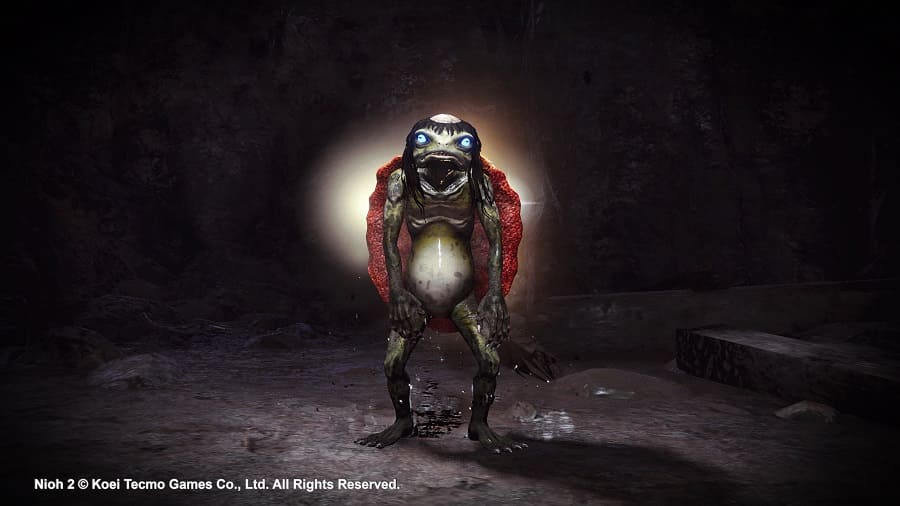
Kappa have long been a beloved yet mysterious part of Japanese folklore. Their distinctive appearance, playful personality, and association with water have kept them relevant in stories and traditions across Japan. Though kappa are often depicted as tricksters, they are also shown to have a caring side, working with humans in certain legends. Today, kappa remain popular figures in both traditional culture and modern media, symbolizing Japan’s rich heritage of yokai mythology.
Whether you encounter kappa in a story, a shrine, or even a souvenir shop, their legacy as one of Japan’s most iconic yokai lives on.

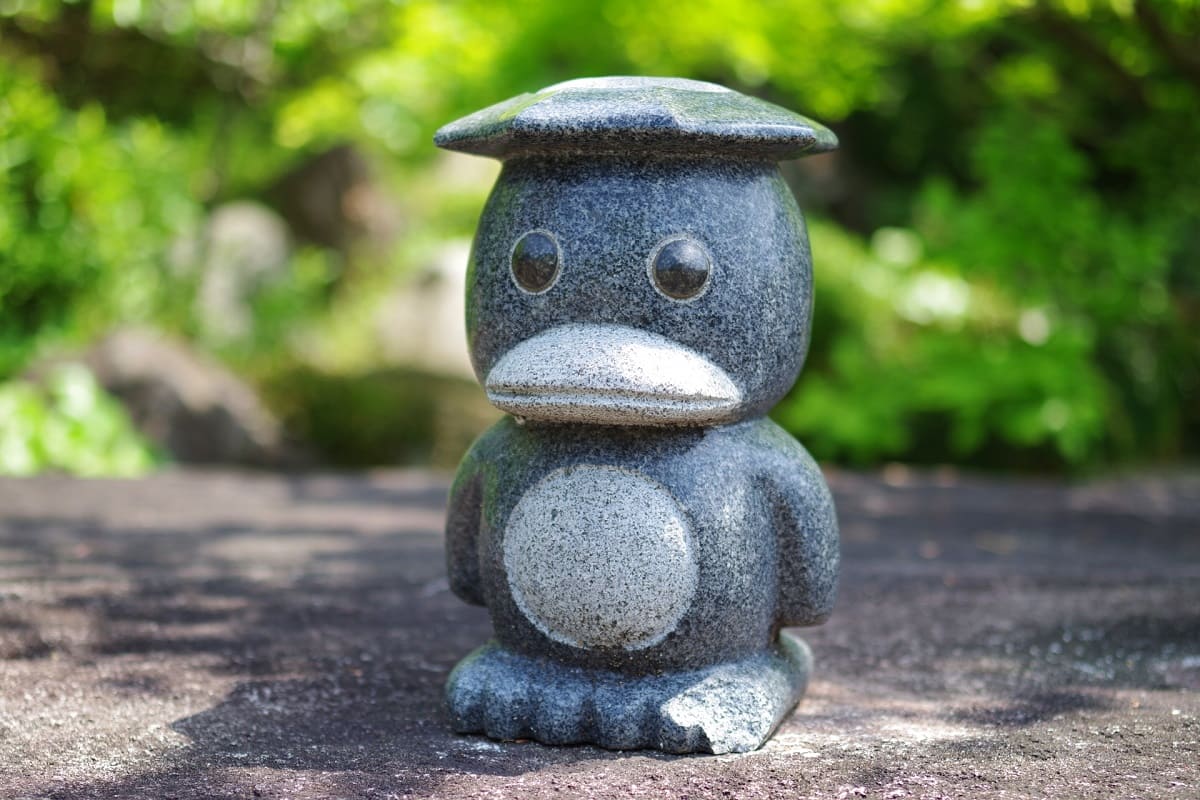

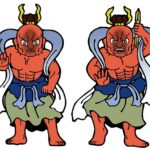
Comments